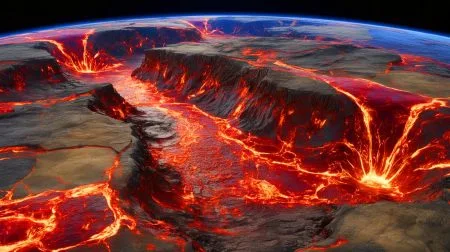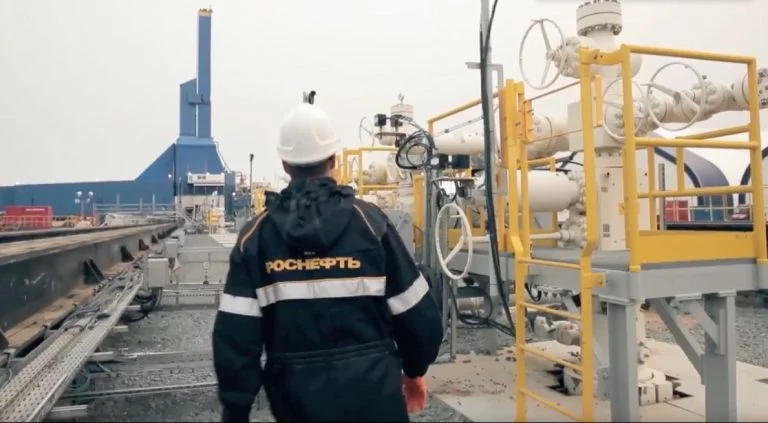Russian Energy Minister Alexander Novak says the country’s oil producers will be fully compliant with Opec-led supply cuts over the coming weeks.
Demand would rise in the second and third quarters, he predicted.
“As far as the meeting is concerned we, of course, discussed the situation with the execution of the agreement.
We stressed once again that Russia is discharging its obligations in accordance with the agreement to smoothly achieve the target output,” Novak told the media after discussing the issue with Azerbaijan’s energy minister Parviz Shahbazov in Baku.
The Kremlin relies on oil and gas to fund more than a third of its budget.
“As for the target output level that forms part of the signed agreement, we plan to reach those figures by the end of March, beginning of April. This is earlier than in the same period two years ago by about one month.”
The Opec+ alliance meet again in mid-April to review their oil supply cut deal, which is scheduled to last for the first half of the year.
Moscow mouthpiece Tass said Novak considered it reasonable to start the talks on the future of the Opec+ deal in May.
The charter on long-term cooperation between Opec and non-Opec countries was at a high level of readiness, Novak said, according to the agency.
The alliance of oil producers agreed to reduce output by 1.2 million barrels per day (bpd) for six months.
Volatile Iran, Venezuela and Libya were exempt from the cuts.
Saudi Arabia’s energy minister, Khalid al-Falih, said he was “optimistic” about continued production cuts, adding that he expected oil producers to “catch up very soon”.
In mid-2018. Opec+ changed course after the benchmark Brent crude futures fell from US$86 a barrel in October, leading to fears of oversupply.
“There are still a lot of uncertainties in the markets linked to the decisions being taken regarding sanctions against certain countries that we consider a wrong move, going against market interests and in breach of international norms and international law,” Novak said, in reference to US crude sanctions against Venezuela and Iran.
“This impacts the market and should be borne in mind. We are a very capital-intensive sector, we require solid investments, long term investments, so all this should be borne in mind when any decisions are taken,” he added.
Russian oil producers were ordered to reduce their exports. Picture credit: YouTube
Did you like it? 4.4/5 (29)







